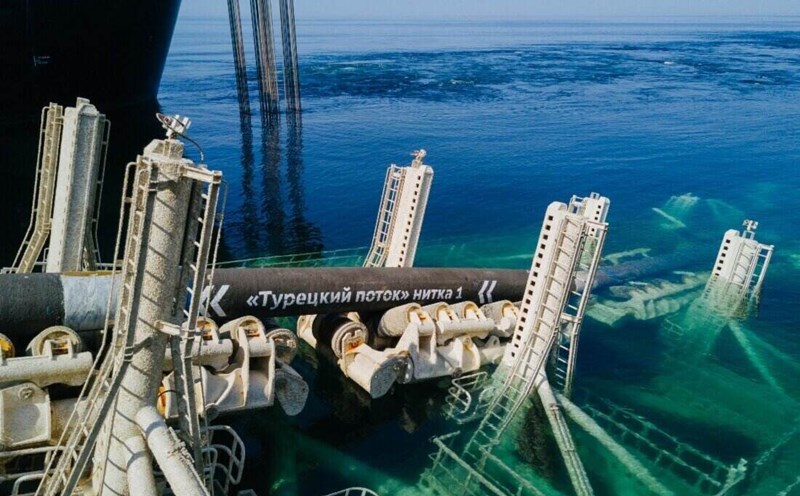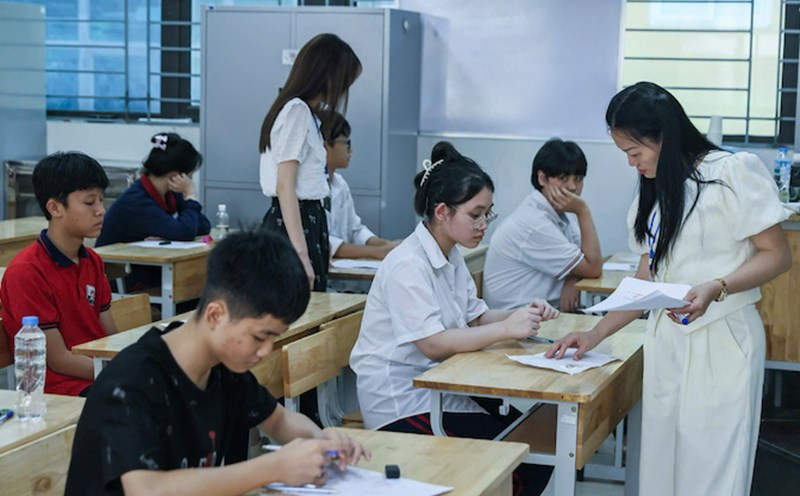Last month, the European Commission, the EU's enforcement agency, announced an important proposal for a ban on Russian gas imports in 2027, in an effort to completely end dependence on energy in Russia.
However, we are interested in reviewing the 2026 milestone, said Green Party member of the European Parliament Ville Niinisto, a former Finnish environment minister, who will lead the parliamentary discussion on the bill in the coming months.
The role of the Parliament is to carefully review the proposal and ensure the most strict implementation possible. Legally, we will see if those timelines are tight enough or if they can be accelerated," he added.
The 2027 law on stopping Russian gas imports comes as the EU is working to end its dependence on Russian energy more than three years after the conflict broke out in Ukraine.
So far, the EU has cut about two-thirds of Russian gas imports via pipeline, banning coal and oil transported by sea. But the EU still struggles to completely abandon Russian gas via pipelines and continues to buy a large proportion of liquefied natural gas (LNG) from Russia. In addition, there are calls for the EU to return to using cheap energy from Russia in the context of a weakening economy.
If approved, the proposal to stop importing Russian gas in 2027 would force EU energy companies to gradually cut off long-term contracts with Russia from this year and end completely in 2027. The draft also provides measures to strengthen control of Russian gas imports into the EU, and requires member states to submit a detailed plan on how to cut off energy from Moscow.
However, according to Mr. Niinisto, the current proposal is still not strong enough, especially because it has not included Russian oil in the ban. We also want to consider the possibility of including oil in legal documents more closely, said the former Finnish Environment Minister.
In response to concerns that the bill could lead to a wave of litigation from Russian energy companies, Mr. Niinisto said he would also view the legal basis of the bill to ensure that European companies do not face unfavorable legal consequences.
Before the proposal becomes law, Mr. Niinisto will have to reach consensus among different political groups in the European Parliament.
He will then have to negotiate with EU member states. The bill is facing strong opposition from Hungary and Slovakia, two countries that are still heavily dependent on Russian oil and gas. The bill does not need the support of these two countries for approval, but if it is ignored by Hungary and Slovakia, it could affect other related bills that these two countries have the right to vote against.
Although both Hungary and Slovakia have requested financial assistance to convert energy supplies, the EU's current proposal does not include any financial incentives to help member countries stop using Russian energy. However, Mr. Niinisto said that the issue of financial support will certainly be discussed.











